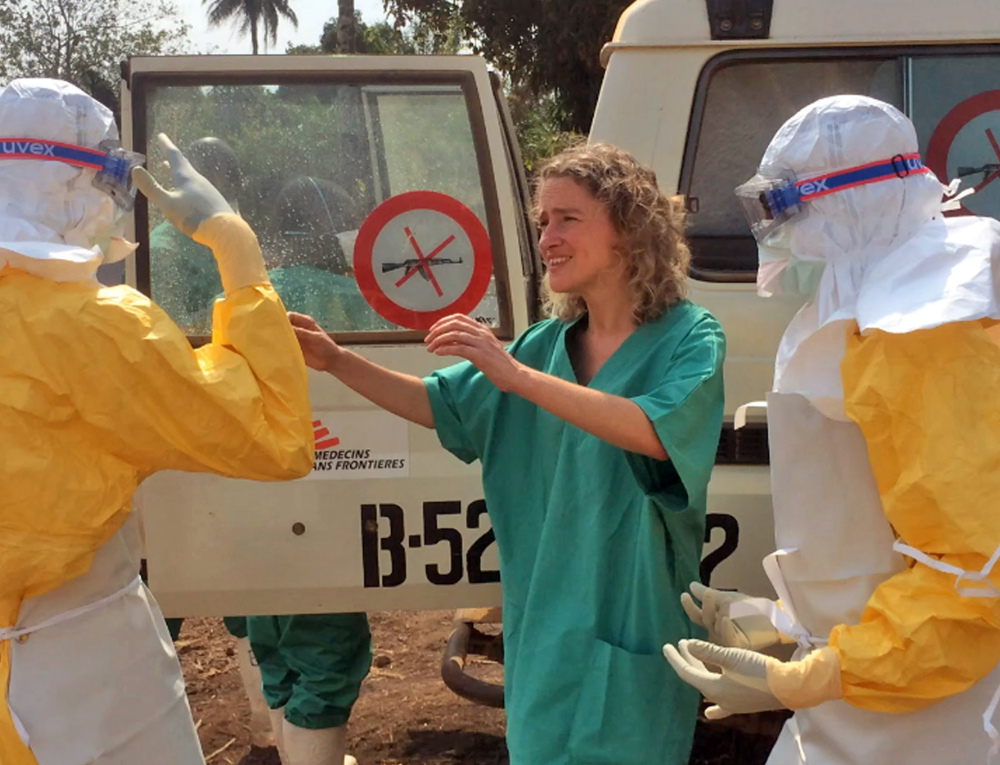CONAKRY, Guinea — Ebola, one of the world’s most deadly viruses, has spread from a remote forested corner of southern Guinea to the country’s seaside capital, raising fears that the disease, which causes severe bleeding and almost always death, could spread far beyond this tiny West African nation’s borders.
In the first outbreak of its kind here, Ebola already has killed at least 70 people including one man whose family brought him to Conakry, the capital, for medical treatment. Now six of his relatives and two others exposed to him are being kept in isolation at a hospital.
Health officials warn that the arrival of Ebola in this sprawling city of 2 million people with an international airport could spell disaster. Among the poorest countries in the world, Guinea has severely limited medical facilities and a large population living in slums where the virus could spread quickly.
“Poor living conditions and lack of water and sanitation in most parts of Conakry poses a serious risk of this epidemic spiraling into a crisis,” said Ibrahima Toure, country director for the aid group Plan International.
Panic already has grown among residents since the government announced the Conakry cases late Thursday on national television. While most days up to 300 patients seek treatment at Donka Hospital, less than 100 came on Friday as news spread that the Ebola patients were being quarantined there.
“My daughter is sick and coughing but I prefer to keep her at home. I wouldn’t set foot inside Donka Hospital for anything in the world right now,” said Djalikatou Balde, a teacher.
International aid groups like Doctors Without Borders and Plan International are trying to educate Guineans about how the disease is spread, and working to identify and isolate anyone who may have been exposed. There is no cure for the disease and the virus strain in Guinea has a fatality rate of up to 90 percent. Some 111 people have fallen ill already and authorities in neighboring Liberia and Sierra Leone are also investigating suspected cases.
“Above all, we must avoid widespread panic,” said Marie-Christine Ferir, emergency coordinator for Doctors Without Borders. “That is why it is so important to spread correct information so people understand the disease and how to protect themselves.”
Medical teams have been traveling on foot to villages where cases have been reported.
The initial symptoms of the virus – fever, headache, weakness – can mimic malaria.
Send questions/comments to the editors.



Success. Please wait for the page to reload. If the page does not reload within 5 seconds, please refresh the page.
Enter your email and password to access comments.
Hi, to comment on stories you must . This profile is in addition to your subscription and website login.
Already have a commenting profile? .
Invalid username/password.
Please check your email to confirm and complete your registration.
Only subscribers are eligible to post comments. Please subscribe or login first for digital access. Here’s why.
Use the form below to reset your password. When you've submitted your account email, we will send an email with a reset code.